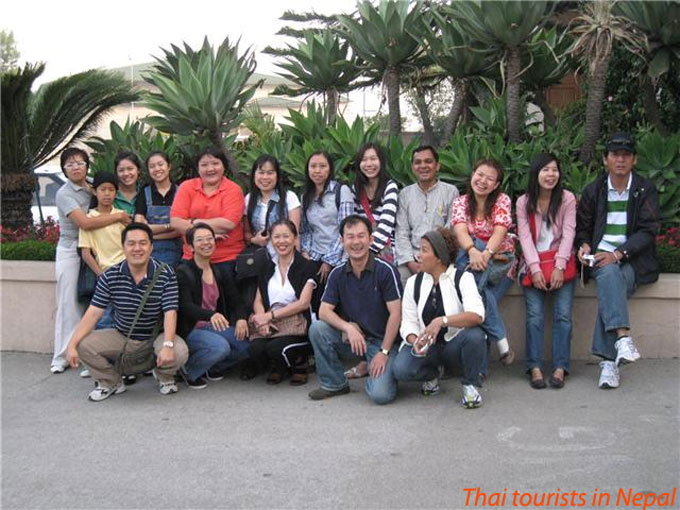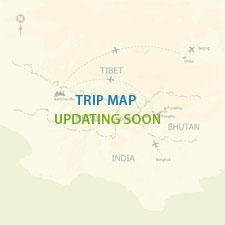
Students Tour to Nepal |
Make Inquiry |
Nepal is a small developing country in South Asia. It borders with India in the east, south and west and China in the north. Economically, Nepal is among the world's poor country. Though it has very rich biodiversity, culture, tradition, arts and architectures. There are more than 100 ethnic and cultural groups in Nepal. Some of these groups are found in all Mountain, Hill and Terai lowland, whereas, some groups are confined in one geographical area. For example, Tharu indigenous people in Nepal live only in Terai. Though some Tharu people have moved to Kathmandu and other parts of Nepal due to their work. Being a secular country, Nepal is a home of around 30 million people from diverse religious background. Hindu is the dominant population along with Buddhists, Muslim, Christians and other religious minorities. Hence, Nepal is a perfect destination for students wanting to learn biodiversity, geology, culture, religion, arts and architecture.
Development work in Nepal has been putting into operation by the government and non-government agencies, civil society organizations and other stakeholders with the technical and financial support of various bilateral and multilateral donors. Health, education, agriculture and irrigation, climate change, poverty and economic empowerment and gender equality and social inclusion are among the key areas of development work in Nepal.
Women hold half of the total population in Nepal. Patriarchy, discriminatory practices over women and gender-based discrimination against women have been observed as one of the obstacles of gender equality and women's development in social, economic and political sector. The lack of women's meaningful participation in the policy-making is one of the leading factors of non-enjoyment of human rights by women. Patriarchy makes all women to be suffered from gender-based discrimination. But women from marginalized groups, from very remote areas with no development facilities and women under poverty face multiple social and economical problems in everyday life, including domestic violence. Child marriage still prevails in some communities and parts of the country. Many women blamed as practicing witchcraft have been beaten-up and publicly hurt. The 'Chaupadi' practice that prohibits women to stay in their home until the fourth day of their menstruation in the hilly areas of mid and far-western Nepal. Dowry practice is on increase. Women and girls in some communities have been suffering of multiple forms of domestic violence in their husband's home as their parents could not offer as much dowry as demanded by the husband's family. Women and girls victims of the armed conflict face severe social and economic difficulties inside the home and in the society. Therefore, Nepal is the best place for students studying gender equality, women development and women empowerment.
There are many caste and cultural groups in Nepal. Some of these groups are marginalized and are under critical social and economic condition. Exclusion and discrimination experienced by such groups have been the main root causes and consequences of the ten years long armed-conflict in Nepal. Social inclusion of these groups has been one of the main challenges of Nepal's development and peace process. Persons with disabilities, in particular from marginalized communities, are among the most affected population of social exclusion and discrimination. Students interested on the issues related social inclusion and discrimination on ground of caste, ethnic, gender, physical and mental status and geographical condition can learn a lot in Nepal.
Children in Nepal, mainly those studying in the government school, are yet to get free and quality education. The government schools, where children from the vulnerable communities, poor families and rural areas study, lack to give quality education. Many volunteers from developed and other countries have been contributing to improve the quality of the public schools' education in Nepal.
Our company designs various study packages for students interested in social, economical and cultural issues in Nepal, including environment, poverty, human rights and women's development. We organize seminars, workshops, field visits and locate students in different schools, social organizations and communities in the city and rural areas for short and longer period of time.
- Outline Itinerary
- Detail Itinerary
- Trip Facts & Map
- Trip Cost Details
- Useful Information
Detail Itinerary
Ask us.


